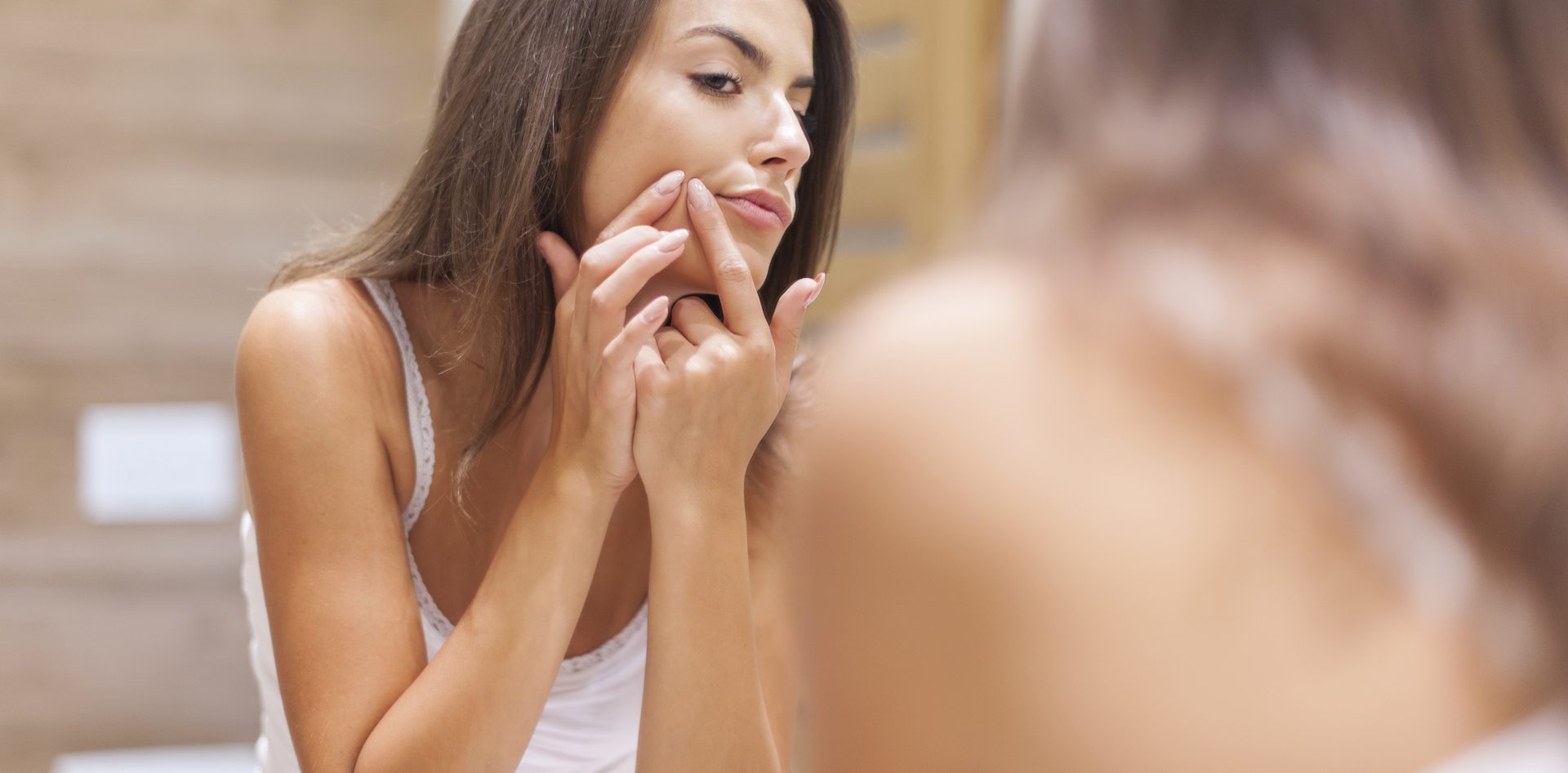MANAGING HORMONAL ACNE IN WOMEN
INTRODUCTION:
Hormonal acne is a common skin condition that affects many women, especially during hormonal fluctuations such as puberty, menstruation, pregnancy, and menopause. Furthermore, this type of acne is primarily caused by an increase in androgens, which can lead to an overproduction of sebum, clogged pores, and inflammation. We will discuss the various ways of managing hormonal acne in women through lifestyle changes, skincare routines, and medical treatments.
ADOPT A HEALTHY LIFESTYLE
A healthy balanced diet and regular activity can help regulate hormone levels, which may, Similtaneously helping control hormonal acne. Focus on consuming whole foods, lean proteins, healthy fats, and plenty of fruits and vegetables. Avoid excessive sugar, processed foods, and dairy, as these have been linked to acne flare-ups in some individuals.
Stress management is also essential, as stress can trigger hormonal imbalances and worsen acne. For this reason, practice stress-reducing techniques such as meditation, deep breathing exercises, or yoga to help keep stress levels in check.
MANAGING HORMONAL ACNE IN WOMEN WITH A CONSISTENT SKINCARE ROUTINE
Maintaining a consistent skincare routine can help prevent and manage hormonal acne. Keep the following steps in mind:
- Cleanse your face twice daily with a gentle cleanser to remove excess oil, dirt, and makeup
- Use a toner containing ingredients like salicylic or glycolic acid to help unclog pores and exfoliate dead skin cells.
- Apply a non-comedogenic moisturizer to keep your skin hydrated without clogging pores.
- Incorporate a spot treatment containing benzoyl peroxide or salicylic acid to target acne breakouts.
- Avoid touching your face, as this can transfer bacteria and oil, leading to further breakouts.
CONSIDER OVER-THE-COUNTER (OTC) TREATMENTS FOR MANAGING HORMONAL ACNE IN WOMEN
Over-the-counter acne treatments containing ingredients such as benzoyl peroxide, salicylic acid, or alpha-hydroxy acids can help control hormonal acne. In addition, these treatments reduce inflammation, unclog pores, and kill acne-causing bacteria. Always follow the instructions on the product packaging and consult a dermatologist if you are unsure which treatment is best for your skin type.
CONSULT WITH A DERMATOLOGIST
If your hormonal acne is severe or does not improve with OTC treatments and lifestyle changes, consider consulting with a dermatologist. They can evaluate your skin and recommend prescription treatments, such as:
- Topical retinoids: These vitamin A derivatives help unclog pores and reduce inflammation.
- Oral contraceptives: Birth control pills containing estrogen and progestin can help regulate hormonal imbalances contributing to acne.
- Anti-androgen medications: These medications block the effects of androgens on the skin, reducing oil production and acne.
- Oral antibiotics: These can help control bacterial infections and inflammation associated with acne.
CONCLUSION:
Managing hormonal acne involves lifestyle changes, skincare routines, and medical treatments. Therefore adopting a healthy lifestyle, maintaining a consistent skincare routine, and seeking professional advice, women can effectively manage hormonal acne and achieve healthier skin.







